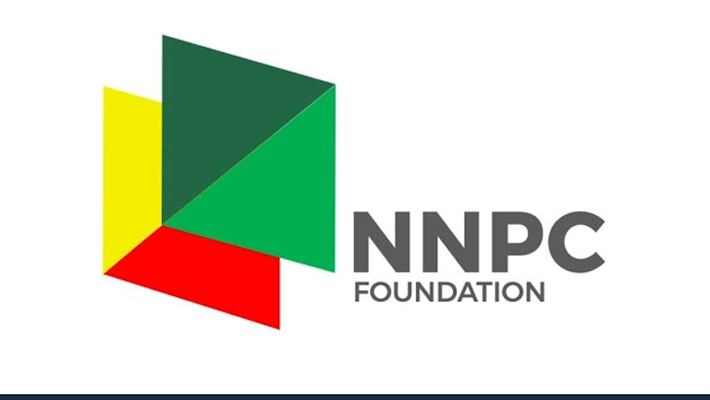Before Nigeria can arrest the current wave of food crisis in the country it must first stop the scourge of insecurity in the northern part of the country. This is because the country has, in the regions of the North, lost a good number of farmers to insecurity. Some of those who are alive have either lost limbs to marauders or had taken ill after debilitating attacks on their farms and family members. This has had negative effects on the whole country because the region harbours the food baskets in the country.
That is the conclusion of SB Morgen, SBM, Intelligence, a Non-governmental organisation and African focused consulting firm that uses research and data analysis to address issues of concern. The statement is contained in a recent report titled, ‘An August Nightmare: Accessing the Early Days of the #EndBadGovernance Protest in Nigeria.’ According to SBM, aside from the dangerous state of the road that is the biggest headache to the farmer, his next big problem is insecurity.
The firm added that the situation has also made the people of the North to be the highest hit by hunger in the country.
It says, “This region, identified by most available data as having the most insecure states, bears the brunt of these hardships.” So, how does it become the most affected, after all there are cases of insecurity also in Southern states? SBM Intelligence again, “Bandits and kidnappers have taken over large swathes of territory in the Northwest and Central regions.
“The North has suffered more kidnappings between July 2023 and June 2024, with more than ten times as many kidnap victims as the South.”
The tragedy for the whole country is that because much of the food produced locally comes from the North, the south will also experience shortages, even where insecurity did not totally erase their production. The report says, “As the area that supplies the country with its agricultural needs, its farmers have been subjected to multiple taxation by bandit warlords operating in rural areas.
“In early 2024, SBM found that no less than N139 million was paid as farm levies (including planting and harvesting) to bandits who demanded at least N224 million across the North between 2020 and 2023. In the same period leading up to June 2024, at least 1,356 farmers were killed across the country, with most of the killings occurring in the North.
“These illegal tolls have made it difficult for farmers to access their farms and added to the mounting food insecurity exacerbated by factors such as an unstable currency.”
SBM Intelligence, however, said that the crisis of insecurity and the challenge of farmers did not start today. It says that “Farmers’ concerns and warnings about insecurity date back years before the current protests.”
SBM said insecurity has significantly impacted people’s daily lives, leading to widespread protests and further complicating Nigeria’s already fragile security situation. On August 1, protests against hunger, poor governance, and economic hardship broke out across states in Nigeria.
The protesters called for the reversal of policies like the removal of petrol subsidy and exchange rate unification. These policies are believed to have caused increased inflation making essential commodities unaffordable. But rather than reverse the policies, and destroy the gains, according to the government, the Tinubu administration announced the suspension of duties, tariffs, and taxes on the importation of food commodities. Senator Abubakar Kyari, minister of agriculture and food security said it was part of measures to bring down the cost of food items pending the coming harvest which he said would assuage the feelings of the people.
Part of the measures, according to the statement, is a 150-day duty-free import window for food commodities, which involves the suspension of duties, tariffs, and taxes for the importation of food commodities such as maize, husked brown rice, wheat, and cowpeas.call












